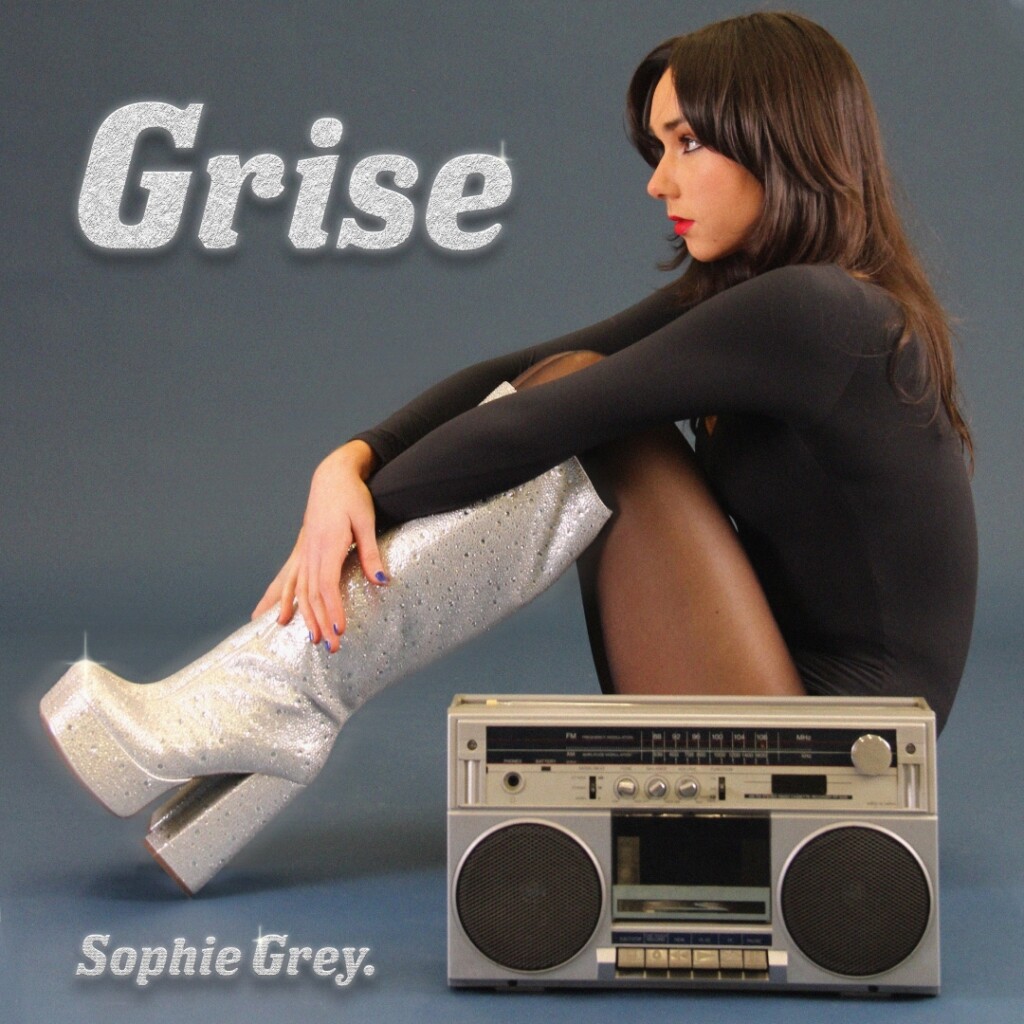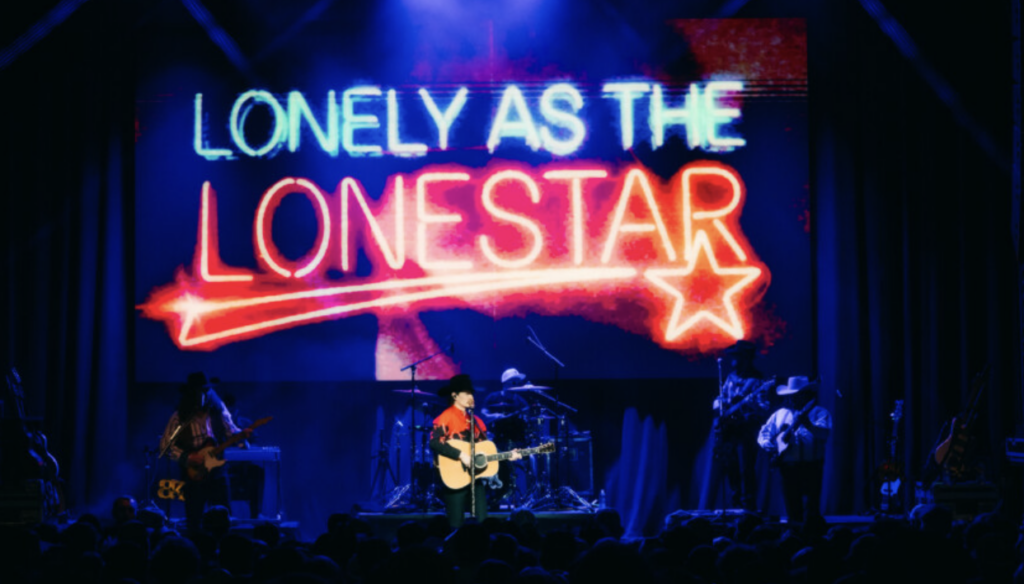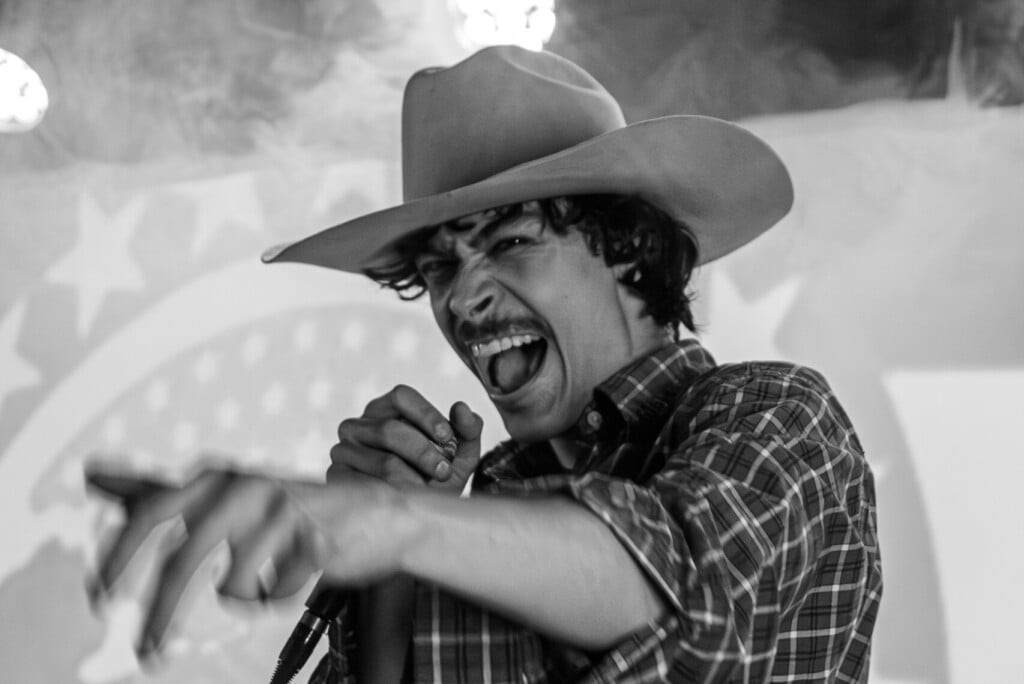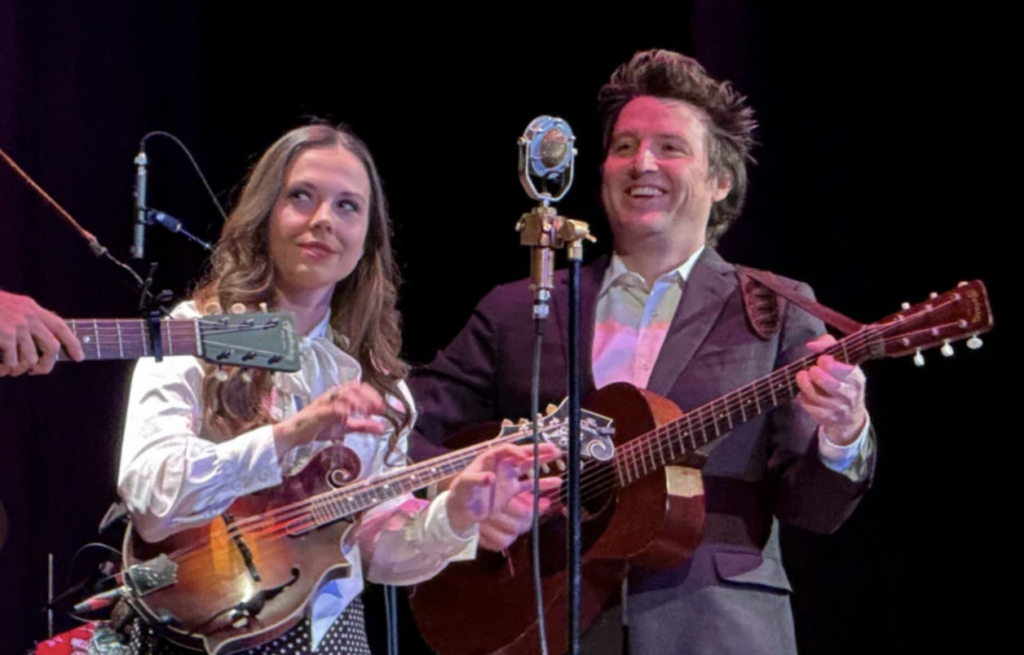Sophie Grey on KC vs LA and how it shaped her new pop album Grise
Musician Sophie Grey grew up between California and Kansas City, and those vastly different environs shaped how she views and approaches music. It’s readily apparent on her debut full-length, Grise, which was released last week. We spoke with the musician about her electronic-tinged pop music and how her experience growing up in the Midwest and the West Coast shaped her.
The Pitch: You grew up between Los Angeles and Kansas City, and I’m curious as to the specifics of that, because I feel like those are two very different cities, especially to grow up in.
Sophie Grey: I’m originally from Burbank, California, but my mom’s side and my mom are all from Kansas City so, really any school break I had–summer break, winter break–I would always stay at my grandma’s house in Kansas City. A big portion of my life was in Kansas City and I just feel a sense of home when I go there. Anytime that I’m not working or I’m not in school, I’m in Kansas City, so it has a really important feeling for me and just a lot of memories.
How does growing up in Burbank, which is very California, and then spending breaks in the heart of the Midwest, shape you as a person?
Well, I mean, like you kind of said–they’re so completely different just in terms of feel and the people are so different. LA is always busy. Everyone’s on the go and not everyone wants to say “hi” and be a nice person, to be honest. But Kansas City’s really different, you know? I really consider it a big city with a small town feel. It has a lot of people but it continues to have a sense of community and I feel like the people there are just generally genuinely nice people and I feel like I can have a conversation with someone, while that might not be the case all the time in LA.
I think also there’s a lot of care for others. There’s a sense of community, supporting each other that I’ve always felt that goes in with Kansas City’s roots in music but also in all their other fields. Just like in football. There’s such a good feeling there when the Chiefs won. That’s just something that I balance between living in LA and Kansas City.
During the pandemic, I actually decided to move. I drove from LA to Kansas City and I stayed there at my grandma’s house for most of the pandemic. That time was really questioning a lot of how people act during unstable times and it really just opened up my eyes to how happy I am in Kansas City and how happy people are in Kansas City. I think there’s definitely a balance between the busy world of LA but also Kansas City and sense of community.
It’s interesting you use that phrase, “how people act during unstable times,” because that seems like that’s a really good way to describe the subject matter of your music. You have a sense of humor about all of this that comes through in your music, but the subject matter is definitely the dark side of interactions between folks.
The album that’s coming out really does represent change and that’s what the single is called. That can mean a lot of things for different people. For me, it was on the surface it can be about this change in a relationship, but really it has to do with a change in who I am as a person and for my music. I think, with all the changes that went on during the pandemic, going back and forth from different cities it really has shaped me to be the person I am today and I think it’s shaped my music.
It’s not in a certain genre. It’s going in two different ways, and it’s not what you typically will hear on the radio. I think it has a mixture of alternative music, pop, rock–hip hop, even–and that’s just kind of who I am as a person. I’m constantly looking for something that is different, but also it’s finding me, also. That’s what my music is: it’s really supposed to be for people to listen and not feel like they have to be in a category, but they can be accepted and they can enjoy the change that they’re going to endure or they might be seeking.
The thing that intrigues me so much about your music is that you write, arrange, produce, and perform it all yourself. I have to imagine that allows you some element of control but that’s a big amount of work to put on one person’s shoulders.
No, it definitely is. It really started that way. Because when I started to release my music, the pandemic started and because of that, collaboration really wasn’t a thing. I was forced to learn these skills and be self-sufficient, which I’m really grateful for because I think that’s been able to allow me to really create my visions that I see and you know, that sense of control is nice because then I feel really a part of the project. I think it’s also really important for women in production as well and, and women in songwriting. That all ties in together and I’m really happy to be a part of that movement.
One of the songs on the album, called “Alone Tonight,” was written in Kansas City during the pandemic. I started on the keyboards, ’cause that’s my main instrument. A lot of my songs are piano based. I started on playing on the piano at my grandma’s house and then I remember producing it in my kitchen. It was nothing super professional, just the laptop and a keyboard. I recorded the vocals in a closet in my grandma’s room and that is super important to me because it just shows that when you are passionate, you can make it happen. You can make it work.
Obviously, there are probably better conditions to be recording music, but I do love that. I have that personal experience that I’ll remember in that song and I think that does kind of represent of how I was feeling during the pandemic–being away from California– but also the song does tie in together how I feel closest and that’s with people and community.
Listening to all of Grise and comparing it to your previous stuff, I can just see the progression of your learning. This album sounds absolutely amazing, especially “Don’t You,” which just seems like you were putting yourself out there and trying something completely different. What’s the genesis behind that track?
I like to include a lot of my production work and I love to produce. That’s like something that I’m really happy that I’ve been able to explore. I knew I wanted to include instrumentals in my album because that is a part of who I am, is my production. I think listeners will enjoy it.
“Don’t You,” honestly, came out of nowhere. I was messing around with some sounds and I always try to customize different synths for each song. I was just messing around and I was like, “Wow, this sounds really cool.” I was just playing with different rhythms and the drums and it just kind of all fell together.
I actually wrote that song in one night. It was crazy. I just think it really represents the variety of music I can make and what I can do, and I’m not just isolating myself with one type of genre. I do like to explore and I like to see where music takes me. I’m not just limiting myself to what might be popular, but I wanna do what makes me feel good and I think people will be able to hear that through the music.
Sophie Grey’s Grise is out now.





